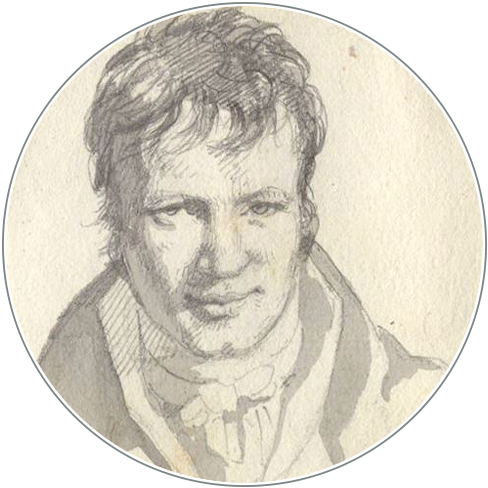Humboldt y el Colonialismo
DOI:
https://doi.org/10.18443/27Keywords:
1799-1804, Kritik am KolonialismusAbstract
Abstract
During his American expedition Humboldt grappled intensively with the iniquities of colonialism. In the year 1803, for example, he noted „that the idea of a colony is itself an immoral idea, this idea of a land which is obliged to pay dues to another country.“ The colonial powers, wrote Humboldt, support intolerance, repression and slavery. However, he did not express his criticism in public during the expedition but entrusted it only to good friends and his diary. The lecture treats Humboldt's political stance during the expedition, based on human rights and his communicative role as a research traveller who, having returned to Europe, made his criticism public. Central to the lecture are examples of Humboldt's criticism of representatives of the colonial system. These make clear which important impulses the researcher gave to the independence movement and to the politicians of the young American states.
Published
How to Cite
Issue
Section
License
Copyright (c) 2002 Frank Holl

This work is licensed under a Creative Commons Attribution-NonCommercial 4.0 International License.
HiN operates under a Creative Commons-Licence (CC BY-NC 4.0), which permits the reproduction of articles, free of charge, for non-commercial use only and with the appropriate citation information. All authors publishing with HiN accept these terms of publication.
Authors retain the copyright for their articles and reviews. Copyright of the layout and design of HiN articles remains with the journal and cannot be used in other publications.









